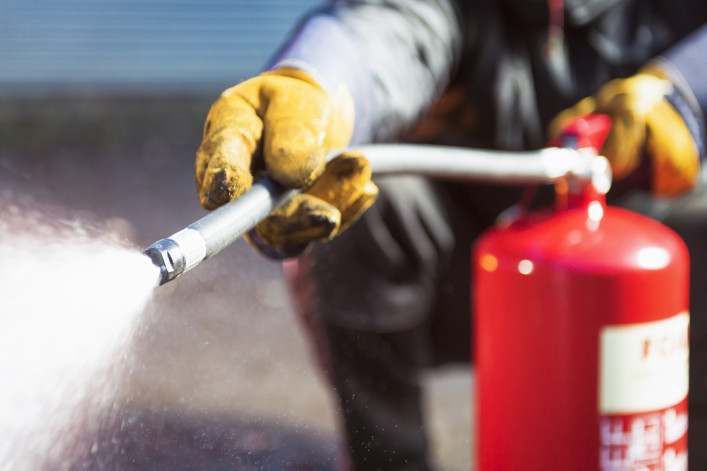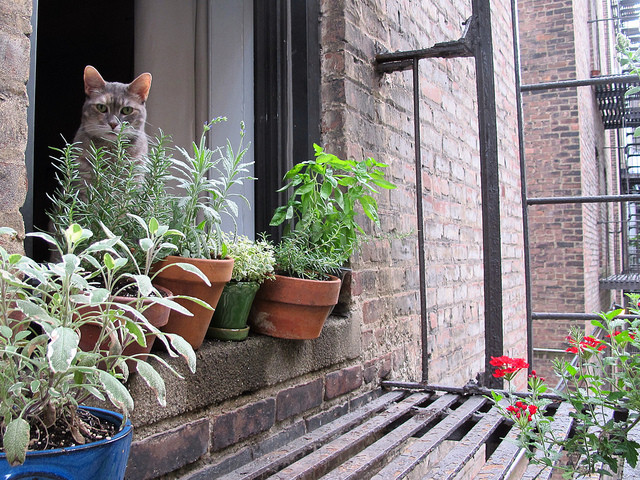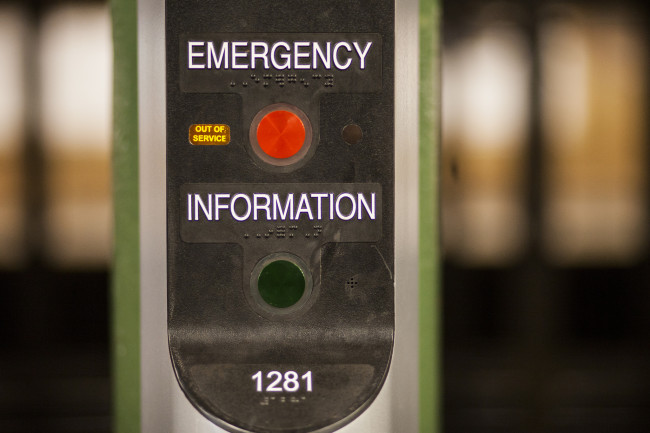Here's how to prevent fires in your apartment

A four-alarm fire broke out early this morning on East 93rd Street, dispatching 250 firefighters to the neighborhood, DNAInfo reports. The flames started at 3:30 am and spread across three buildings on the block between First and Second avenues. A little over four hours later, the FDNY had managed to control it, but tragically, one person died and several more were injured; multiple residents were also displaced due to the damage to their homes.
Locals tweeted throughout, and some took video revealing the severity of the fire:
#fire @ UES bldg on 93rd. 2 residents hurt; multiple bldgs evacuated. Streets closed for blocks. Live @PIX11News 5-9am pic.twitter.com/muMT0gE2FQ
— Kirstin Cole (@kirstincoletv) October 27, 2016
Fire on 93rd St around 3:45 am. Sitting at Starbucks working with people who haven't been allowed in their places since then. pic.twitter.com/9VElZqEpMk
— Steph Petit (@stephpetit_) October 27, 2016
Slept through that fire on 93rd St... impressive fire fighting response pic.twitter.com/8evVAwlz5b
— Nicolas Grasset (@fellowshipofone) October 27, 2016
As the FDNY begins its work determining how the blaze began—foul play is not suspected at this time—it's worthwhile to go over ways to protect yourself from similar situations. Here are some steps you can take to prevent a blaze from starting in your apartment:
- Make sure you have working smoke and carbon monoxide detectors. The Department of Housing Preservation and Development requires that property owners have at least one of each; in apartment buildings, there should be detectors within 15 feet of each bedroom. You should also have at least one easily accessible fire extinguisher in your home.
- According to FEMA, most home fires begin in the kitchen; avoid leaving the room when your stove burners are on, and turn them off if they start smoking. FEMA also advises keeping a baking sheet handy in case a fire does start, as it can be used to snuff the flames. The potential for fire isn't limited to your stove: One writer recounted, in an essay for Brick, how a shoddy hot plate furnished by her landlord when the gas was turned off in her building resulted in a fire that destroyed her home.
- Electrical cords are another common source of fires. The National Fire Prevention Association suggests replacing cords that are frayed or damaged; avoid running them under carpeting. Furthermore, don't over-burden your power strips, or plug one extension cord into another.
- Now that it's chilly out, some New Yorkers might resort to space heaters to keep cozy. The NFPA notes that 32 percent of home fires start with these devices, so make sure yours is never too close to clothes, linen, curtains, blinds, or other materials that could easily catch fire.
Of course, you can't control how your neighbors handle fire safety; if the worst happens and a blaze breaks out in your building, here's what to do:
- Familiarize yourself with your exits, and keep them clear. The FDNY distinguishes your primary exit--that is, your front door--from your secondary exit, which could be your fire escape or a building stairway (never take the elevator.)
- About fire escapes: Remember that this isn't bonus deck space, so keep them clear. (See our previous story on fire escape safety.)
- If you have security gates on your windows, make sure you are able to open them. The FDNY notes that there is a city requirement mandating that these windows are easily opened by the homeowner. (If this isn't the case for you, talk to your landlord ASAP.)
- Do a fire drill: Apartment Therapy writes that having an escape plan in place ahead of time will help you avoid panic and confusion in the event that a fire breaks out.
- Sometimes, it's best to stay put. The Apartment Therapy guide notes that if your front door feels hot, you shouldn't attempt to open it and venture out. Instead, call the FDNY right away and prevent smoke from pouring into your apartment by stuffing damp towels around your door.
- Get insurance: the writer who lost her home in the fire started by a hot plate thankfully had a policy in place that helped her recoup some of her losses.
You Might Also Like

























